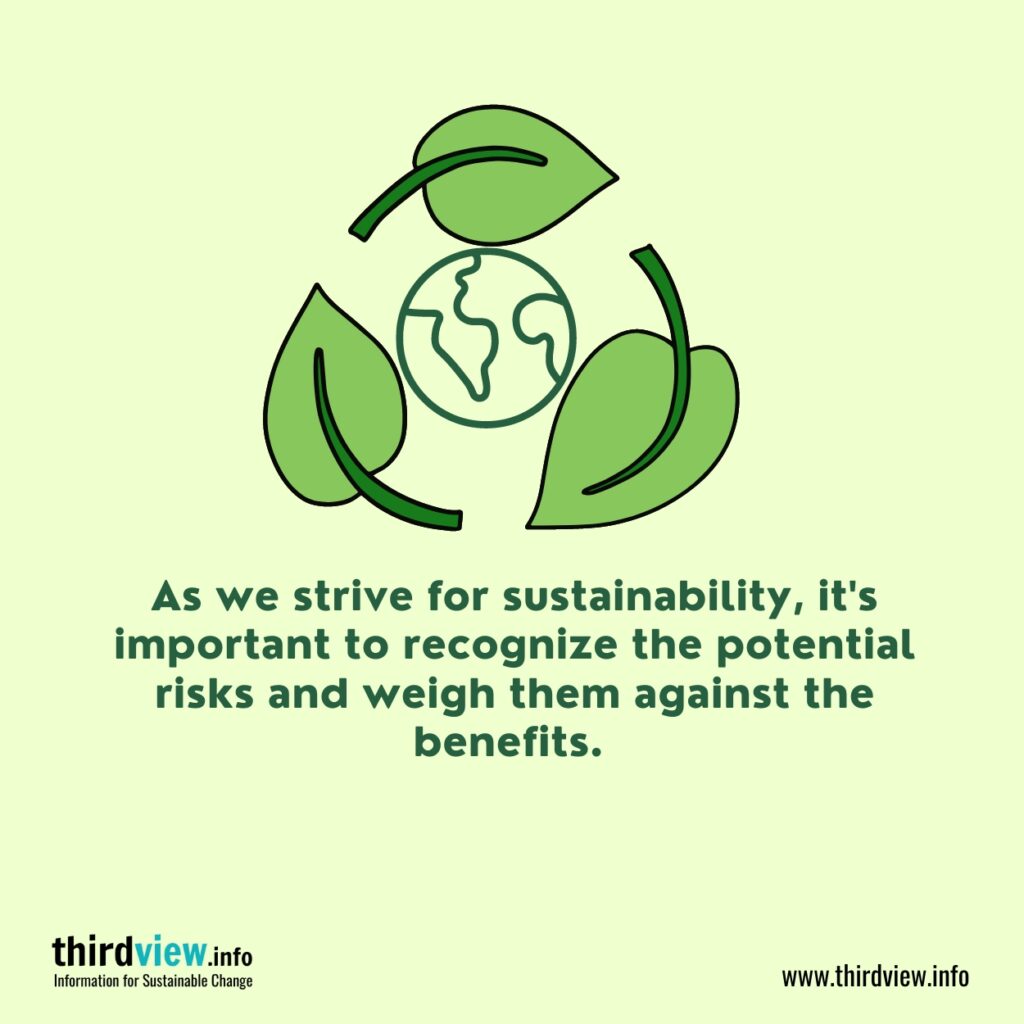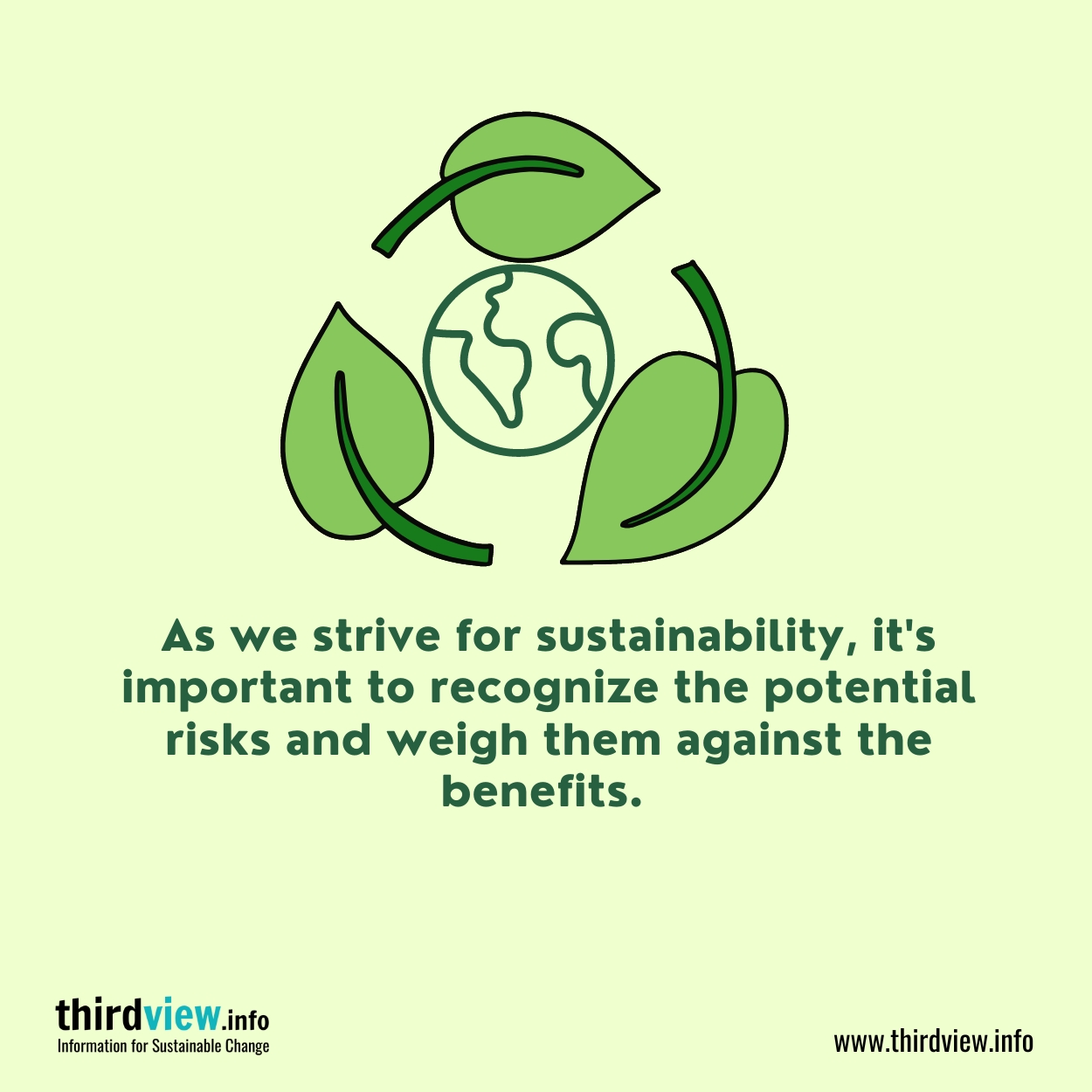Going green is a hot topic in today’s world. Many individuals and businesses are searching for ways to live sustainably to reduce their environmental impact. However, some common sustainable practices may have hidden risks that could be damaging to our environment. Let’s take a look at these possible pitfalls so we can make informed decisions about how to live sustainably in a way that does not harm our planet.
Recycling
Recycling is one of the most important sustainable practices, but it is important to ensure that recycling is done correctly. If there are contaminants mixed in with the materials being recycled, the entire shipment can be rejected by processing facilities, leading to more trash being taken to landfills or incinerators instead of being repurposed into new products. To avoid this situation, people should thoroughly clean their recyclables before putting them in the bin and sort them according to type so they can be easily processed at facilities.
Composting
Composting is another great way to reduce food waste and provide nutrients for plants without creating additional waste. Unfortunately, if compost piles are kept too wet or too dry, they can become breeding grounds for bacteria which can create water contamination problems if they come into contact with public drinking water sources. To avoid this issue, it’s important to ensure that compost heaps remain adequately moistened during the composting process and use proper drainage techniques when setting up your compost pile in an area near water sources.
The Problem with Hybrids and Electric Cars
Hybrid and electric cars are commonly touted as an environmentally friendly alternative to gas-powered vehicles, but this is not necessarily true. While these cars do reduce emissions compared to their gas-powered counterparts, they still require energy in order to function—and that energy often comes from burning fossil fuels such as coal or natural gas. Additionally, disposing of old batteries can be difficult, leading to additional environmental hazards.
Another issue with hybrid and electric vehicles is the materials used in their construction. Many of these cars are made with rare earth metals which can have devastating impacts on local ecosystems when they are mined or processed. For example, the mining of rare earth metals has been known to contaminate water sources with heavy metals and other toxins which can harm both humans and wildlife.
Sustainability is a key component of protecting our planet for future generations but it’s important that we pay close attention when implementing common sustainable practices such as recycling, composting, and using electric cars so we don’t end up inadvertently causing more harm than good due to improper implementation techniques or lack of knowledge about potential risks associated with these activities. With thoughtful consideration and careful execution, though, anyone should be able to enjoy the benefits of living sustainably while reducing their negative environmental impact.


